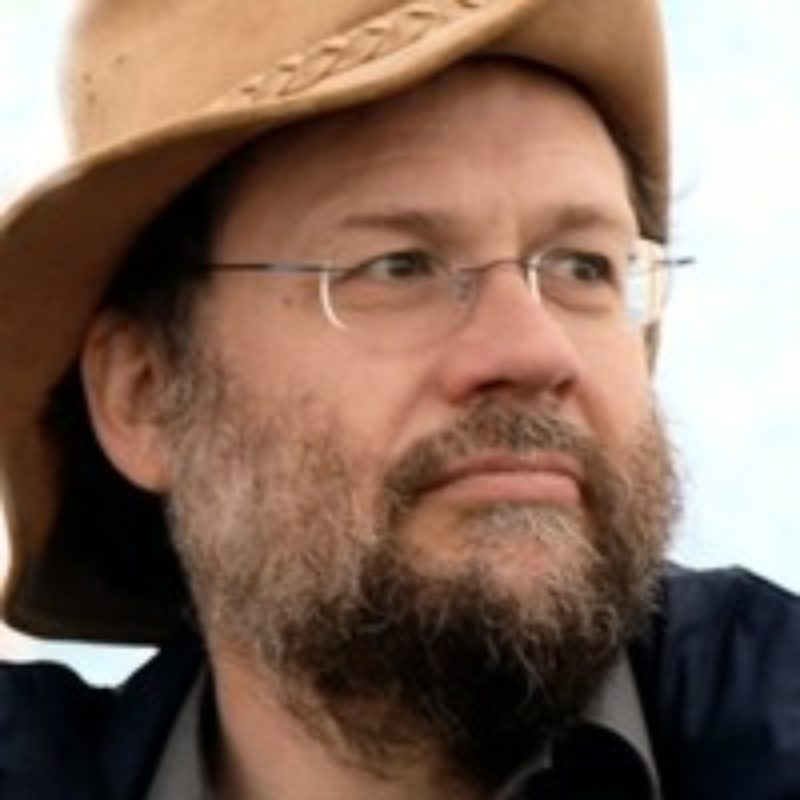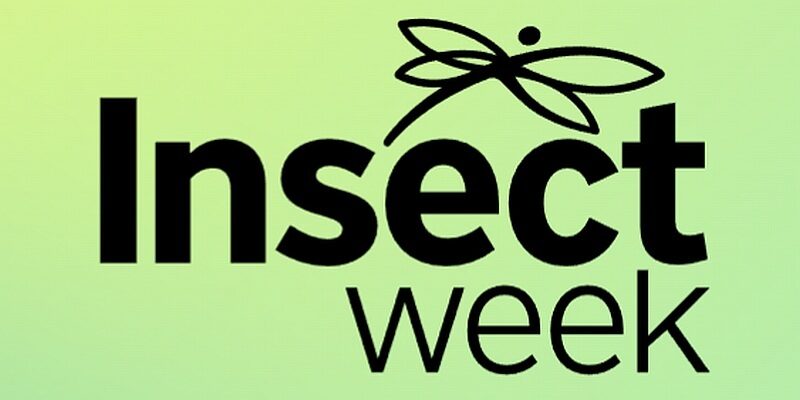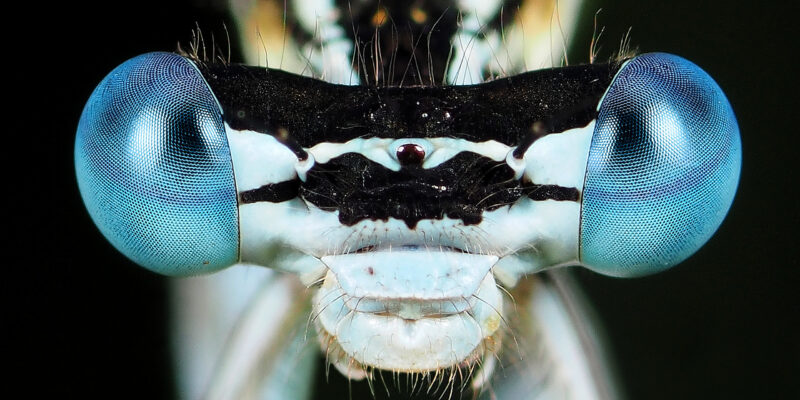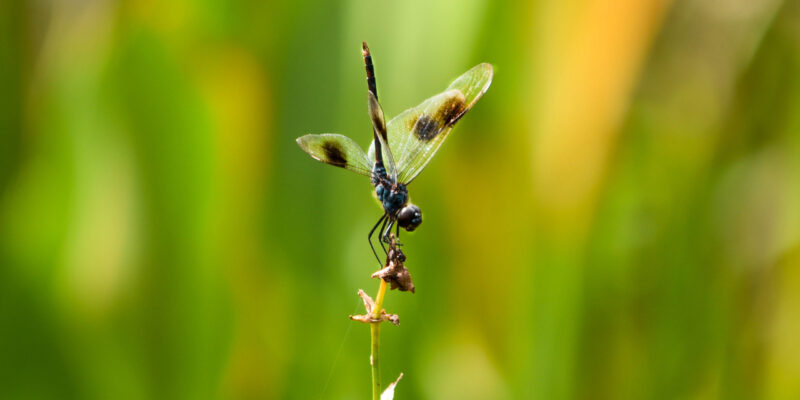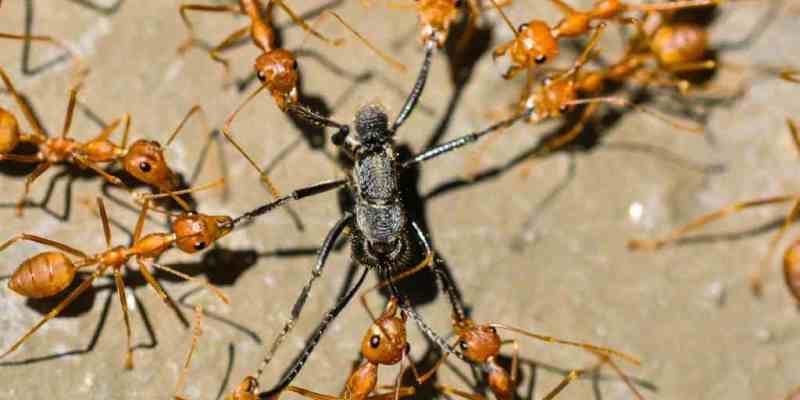
Year of Honorary Fellowship, 2010
Roger Key studied Zoology at Nottingham University and has a PhD in invertebrate conservation ecology from Hull University. Until retiring in 2008 he was a conservation scientist for over 25 years for the UK’s Nature Conservancy Council, English Nature & Natural England, leading on conservation of invertebrates and their habitats and then on environmental education. In both roles he lectured and provided conservation training for a wide range of universities, environmental and land management organizations, which he continues to do after retirement and remains an external lecturer for Leeds University. With his wife Rosy Key (also FRES), he now works intermittently as an independent environmental/educational consultant in North Yorkshire.
He’s probably best known for his BBC TV and radio work with invertebrates in the 90s & 00s, presenting on Countryfile, the Countryside Hour, the Really Wild Show etc.(including making irt onto the Christmas special of ‘Auntie’s Bloomers for a spectacular gaff, falling off an ancient tree while talking about saproxylic beetles), for his invertebrate photographs, published by over 300 organizations in 19 countries and, again with Rosy, doing huge numbers of insect-related outdoor children’s and young adults’ events – ‘bug safaris’ – over the years, and are always involved with the RES’s National Insect Week and Insect Festivals.
Together, they’ve also been involved on invertebrate research expeditions to Norway, Krakatau, Borneo, South Georgia and St Helena and have a 25 year long research interest on the endemic plant and beetle species on the tiny island of Lundy off the UK’s SW coast. They have recently become involved in surveying the invertebrate fauna of two rewilding projects in the UK.
Roger was elected Fellow in 1979 and received the Marsh Award for Invertebrate Conservation in 2010. He is currently (2020) working on a Field Guide to the Terrestrial and Freshwater Invertebrates of St Helena, where he is also helping guide a project to limit the effects on invasive predatory ants, wasps and mantids on the endemic insects of the island.
